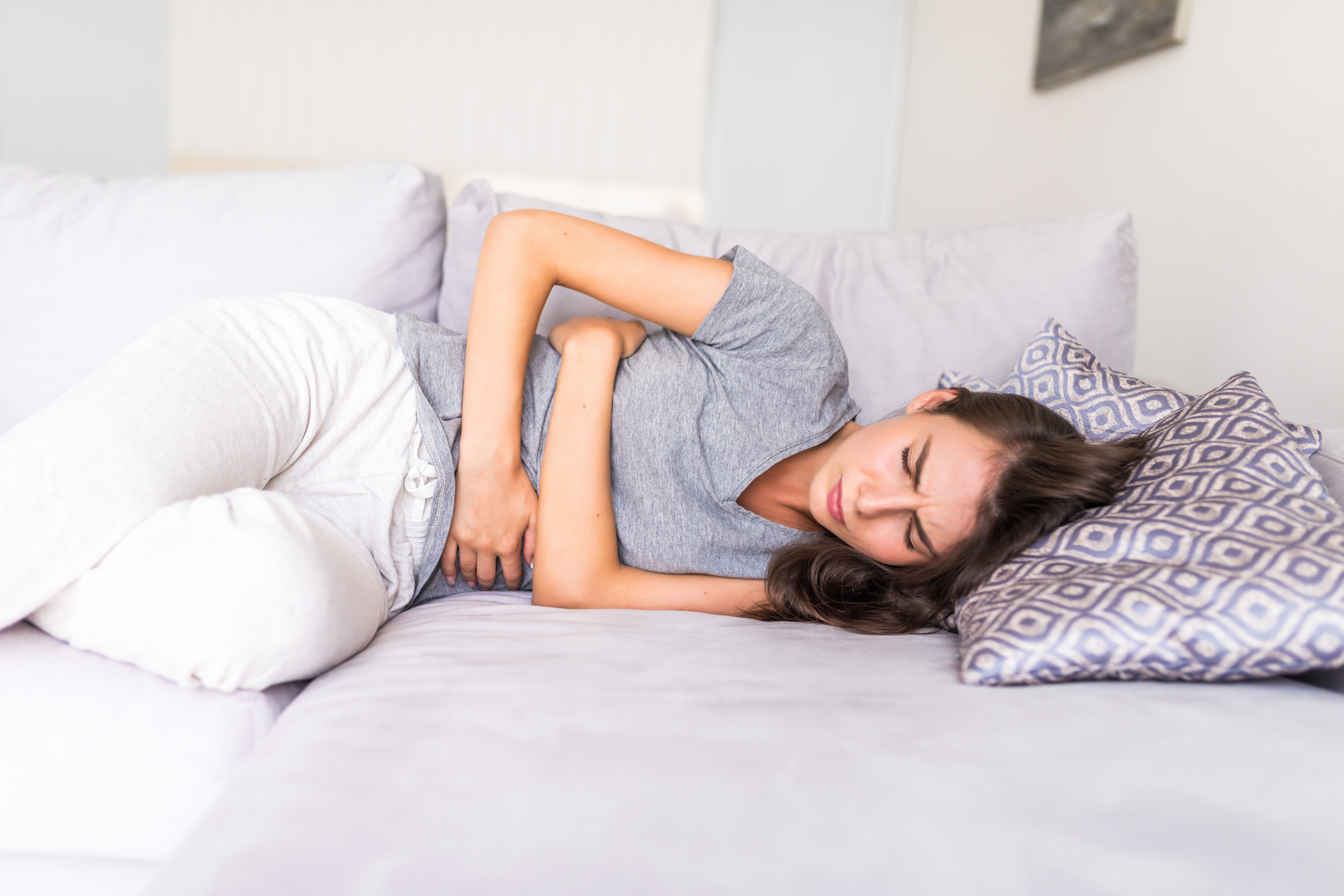Introduction:
Menstrual cramps, also known as dysmenorrhea, are a common occurrence for many individuals during their menstrual cycle. These cramps can range from mild discomfort to debilitating pain, affecting daily activities and overall well-being. While medication can provide relief, there are also various health and wellness strategies that can help alleviate menstrual cramps naturally. In this article, we’ll explore ten effective tips to manage menstrual cramps and promote overall health and wellness.

Stay Active:
- Regular physical activity can help reduce menstrual cramps by increasing blood circulation and releasing endorphins, which act as natural pain relievers. Engage in activities like walking, jogging, yoga, or swimming to alleviate cramps and improve mood during menstruation.
Maintain a Healthy Diet:
A balanced diet rich in fruits, vegetables, whole grains, and lean proteins can help reduce inflammation and ease menstrual cramps. Incorporate foods high in omega-3 fatty acids, such as salmon, flaxseeds, and walnuts, which have anti-inflammatory properties. Limiting caffeine, alcohol, and sugary foods may also help alleviate symptoms.
Hydrate:
- Staying hydrated is essential for overall health and can help reduce bloating and water retention associated with menstrual cramps. Aim to drink plenty of water throughout the day, herbal teas, and electrolyte-rich beverages to stay hydrated and minimize discomfort.
Apply Heat:
Applying heat to the abdominal area can provide immediate relief from menstrual cramps by relaxing the muscles and easing tension. Use a heating pad, hot water bottle, or warm towel and apply it to the lower abdomen for 15-20 minutes at a time to alleviate pain and discomfort.
Practice Relaxation Techniques:
- Stress can exacerbate menstrual cramps, so incorporating relaxation techniques into your routine can help alleviate symptoms. Try deep breathing exercises, meditation, progressive muscle relaxation, or aromatherapy to promote relaxation and reduce pain during menstruation.
Get Adequate Sleep:
- Prioritize sleep hygiene by maintaining a consistent sleep schedule and creating a relaxing bedtime routine. Aim for 7-9 hours of quality sleep each night to support overall health and hormonal balance, which can help reduce the severity of menstrual cramps.
Try Herbal Remedies:
- Certain herbs and supplements have been found to help alleviate menstrual cramps naturally. Examples include ginger, turmeric, cinnamon, and chamomile, which have anti-inflammatory and pain-relieving properties. Consult with a healthcare professional before incorporating herbal remedies into your routine, especially if you have underlying health conditions or are taking medications.
Stay Mindful of Menstrual Hygiene:
- Proper menstrual hygiene practices can help prevent infections and discomfort during menstruation. Change sanitary products regularly, opt for breathable and organic materials, and practice good hygiene to minimize irritation and inflammation in the pelvic area.
Consider Alternative Therapies:
Alternative therapies such as acupuncture, acupressure, and chiropractic care may help alleviate menstrual cramps by promoting relaxation, reducing muscle tension, and improving overall well-being. Explore these options with a qualified healthcare provider to determine their suitability for your individual needs.
Consult with a Healthcare Provider:
If menstrual cramps significantly impact your quality of life or if you experience severe or prolonged pain, it’s essential to consult with a healthcare provider. They can evaluate your symptoms, rule out underlying conditions, and recommend appropriate treatment options, including medication or hormonal therapies, to manage menstrual cramps effectively.
Conclusion:
Menstrual cramps are a common discomfort experienced by many individuals, but they don’t have to disrupt your life. By incorporating these health and wellness tips into your routine, you can effectively manage menstrual cramps and promote overall well-being during your menstrual cycle. Remember to listen to your body, prioritize self-care, and seek medical advice if needed to ensure optimal menstrual health and wellness.





